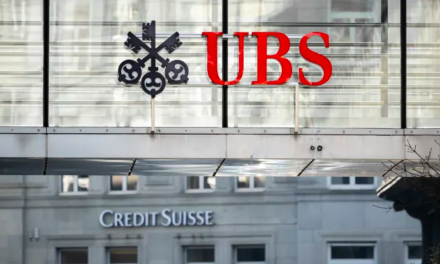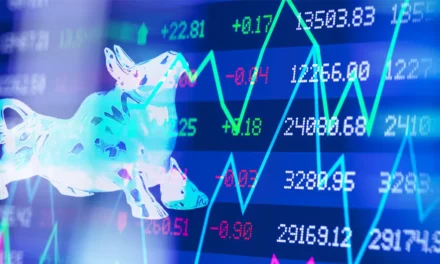Contrary to forecasts done by several financial research groups, it is possible that a looming recession – possibly the hardest to hit in over a century – will not be driven by recent hikes in interest rates.
The opinion was expressed by Steve Hanke, professor of applied economics at Johns Hopkins University. Hanke believes that the United States needs to brace itself for a serious recession in 2023, one driven by five consecutive months of zero money-supply (M2) growth. However, he noted that this has flown under the radar of the Federal Reserve.
As a financial metric, M2 is used to gauge the supply of money in circulation – a blanket term that encompasses cash money, checking and savings deposits, as well as shares in retail money-based mutual funds. Since February of this year, the overall value of the US’ M2 has remained static following an unexpected increase in the supply of money since the pandemic hit in February 2020.
Hanke opines that there has never really been sustained inflation in the history of the global financial system resulting from an unexpected surge in the amount of money available. By this, he refers to inflation that went over 4% within a two-year period – and this is something he sees growing even larger throughout 2023 and possibly the early part of 2024.
While inflation in the US appeared to have eased off back in July from a record high of 9.1% in June, Hanke expects it to run between 6% and 8% by the end of the year on a year-over-year basis and to around 5% by the end of next year.
Hanke is not the only financial expert or analyst who feels that a hard recession is nigh. Former chairman of Morgan Stanley Asia Stephen Roach, himself a former economist with the Fed, soberly opines that only a miracle could save the US from a recession. In his opinion, the main driving factor would be the lagged impact of major monetary tightening felt by the national economy.
What Do Fed Execs Have to Say About This?
For his part, Fed chair Jerome Powell recently assured the public that the US central bank is pushing through with its plan to keep raising interest rates to drop inflation to 2%. However, this carries the potential for financial discomfort for private citizens and establishments.
This prompted Hanke to say that the Fed apparently doesn’t understand the underlying factors behind the recent surge in inflation as the Chairman continues to speak of glitches in the supply chain but not about the excessive growth of the country’s money supply over the past couple of years.














